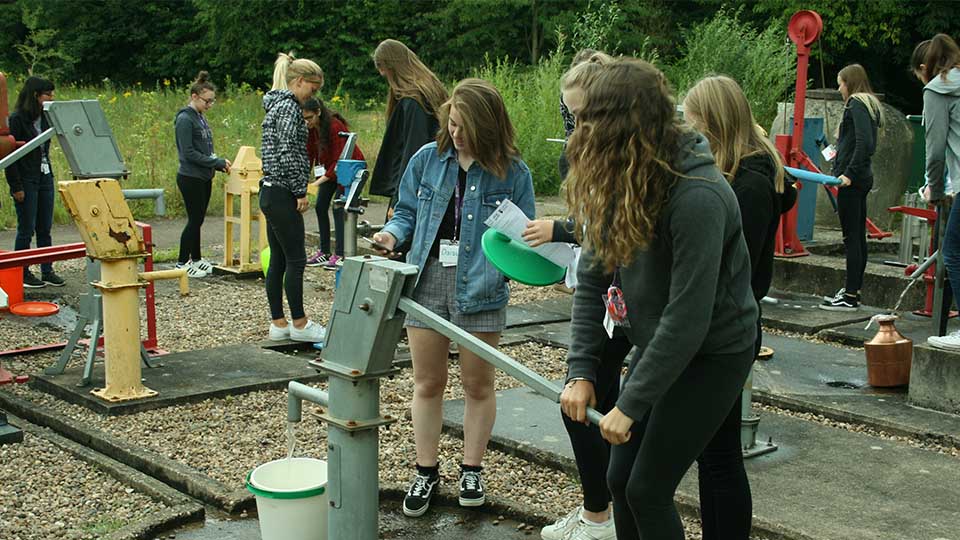The programme, organised with support from the Ford Motor Company Fund, was designed to encourage participants to consider studying ‘STEAM’ (science, technology, engineering, arts and mathematics) topics further.
A series of workshops ranged from design and architecture, computer science and robotics, environmental factors, energy sources and mobility.
The group designed their own ‘future communities’, coming up with ideas such as ‘electro gyms’, regenerative braking systems, solar paint and panels, eco-housing, futuristic cable car systems, mobility pods, farming drones, and electric bikes made from recycled lightweight materials.
Attending teacher Andrew Ward said: “The course structure works well. They were given the challenge up front and over the course of the four days have been drip-fed information and been able to test and consider different options.
“It has been interesting to witness their ideas growing and see their creativity come through.”
Jonathan Scott, Ford Smart Mobility Manager said: “I’m amazed at what the girls have been able to achieve in such a short space of time. The presentations of their future sustainable communities are impressive.
“Clearly they have learnt a lot, done plenty of research and worked together as a team. It’s inspiring to see some of their creative solutions.”
Loughborough University’s Lisa Ambler said: “This residential program has proved a great success. The girls have been really engaged, responsible and enthusiastic. I am extremely proud of them and am looking forward to next year."
